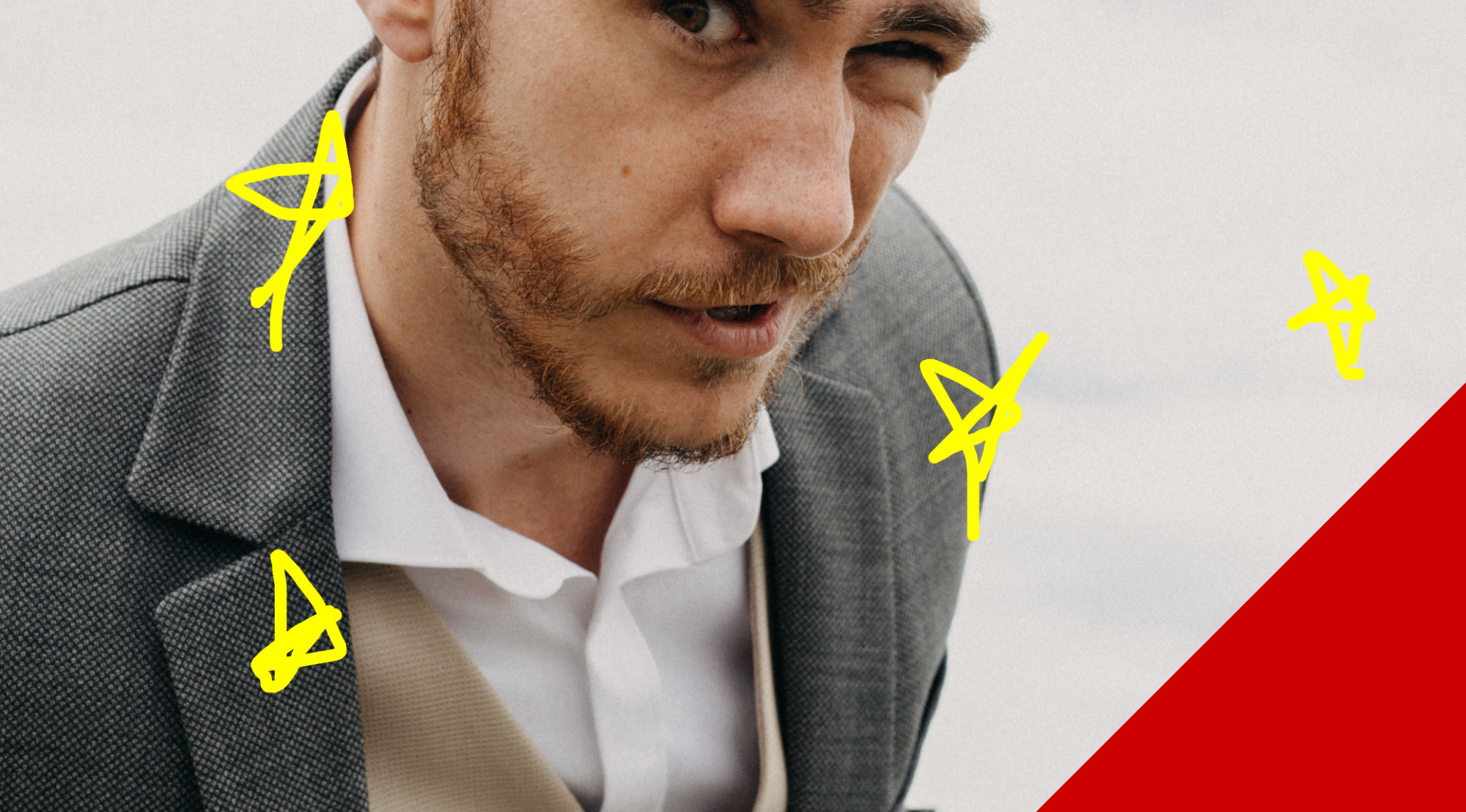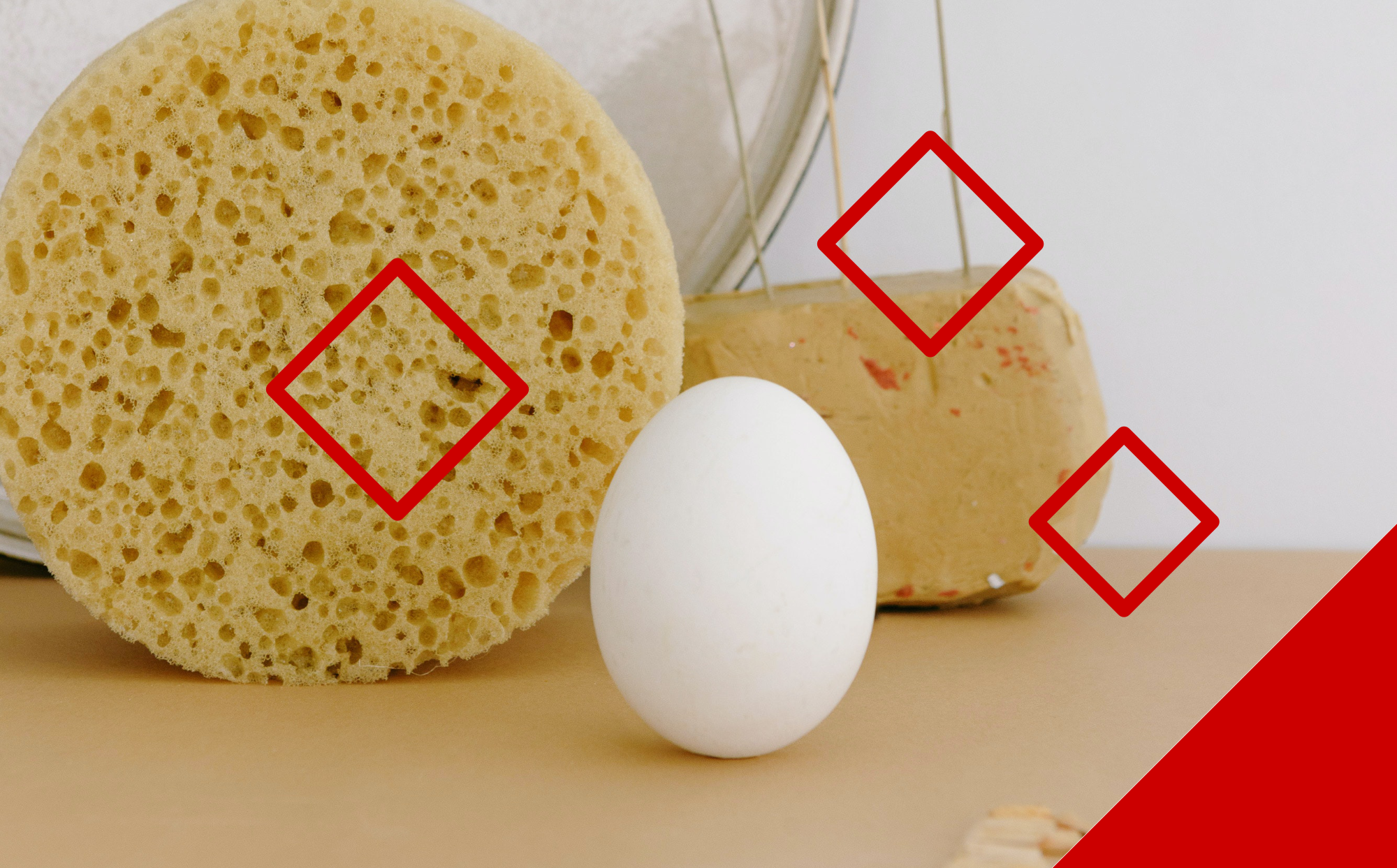
Here are possible sections for showing value on a single page website…
GOALS
- We’re trying to keep most of everything objective, not subjective.
- We’re trying to express value, clarity, and a call to action… then get out of the way.
- We want as much stuff as possible to be image-based instead of text-based so they get the point quickly.
Hero Area

The beginning of the page is best used declaring the Unique Value Proposition.
Stats
Stats are a way to quantify some value

There are lots of ways to have stats on a site.
Clients

Online Reviews

I made a chrome extension to help you scrape all your kudos from all the major review sites for performers.
Amazing Photos

Amazing videos
Awards

Here are some more examples of awards
Kudos


Short bio

here’s more on a performer bio
Ethos
Gatekeepers want to know that you will share their mission. Food packaging at Whole Foods are good examples of this.

When we hear that someone shares our interest, whether it’s the health of our family, or getting audiences laughing hysterically, we feel safer and we assume value. Here’s more on that…
As Seen On
Showing the shows / venues / media that have used our services is a great way to show some street cred.


Case Studies
We can tell a story of how we helped a client / customer. This is really good if we’re offering different solutions to different clients. It shows experience, but it also allows us to show how what we do offers transformation.
The format i like is…
- set up the situation
- raise the stakes
- the problem
- the solution
- the result

Benefits Stack / Zigzag
This can be used for showing value or clarity. Sometimes these are used for features of a product or service. They are vertically stacked sections that look like they go together in a set and are intended to be read together as a list. We can do a centered, aligned to one side, or zigzag.
More about benefits stacks and zigzags






























